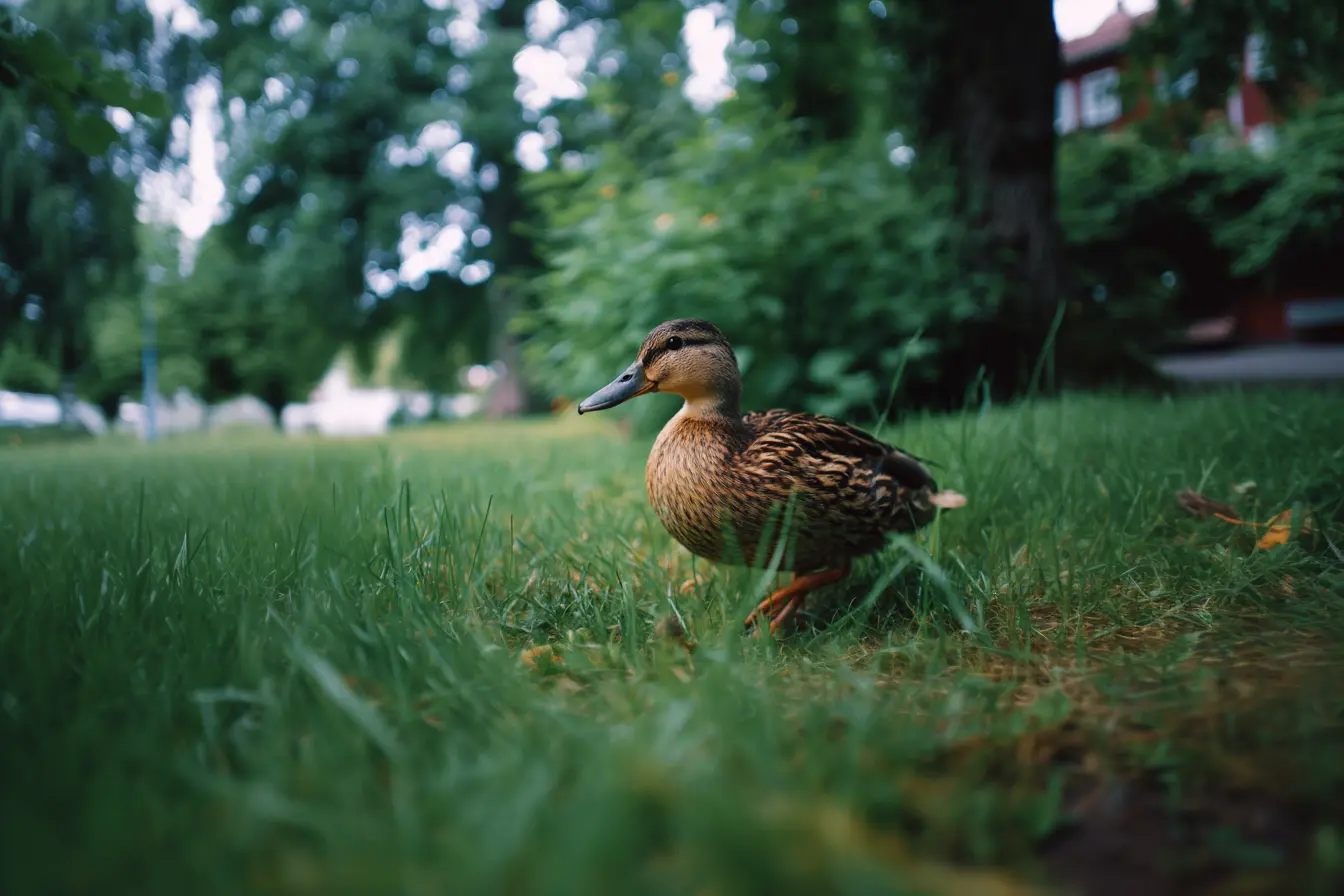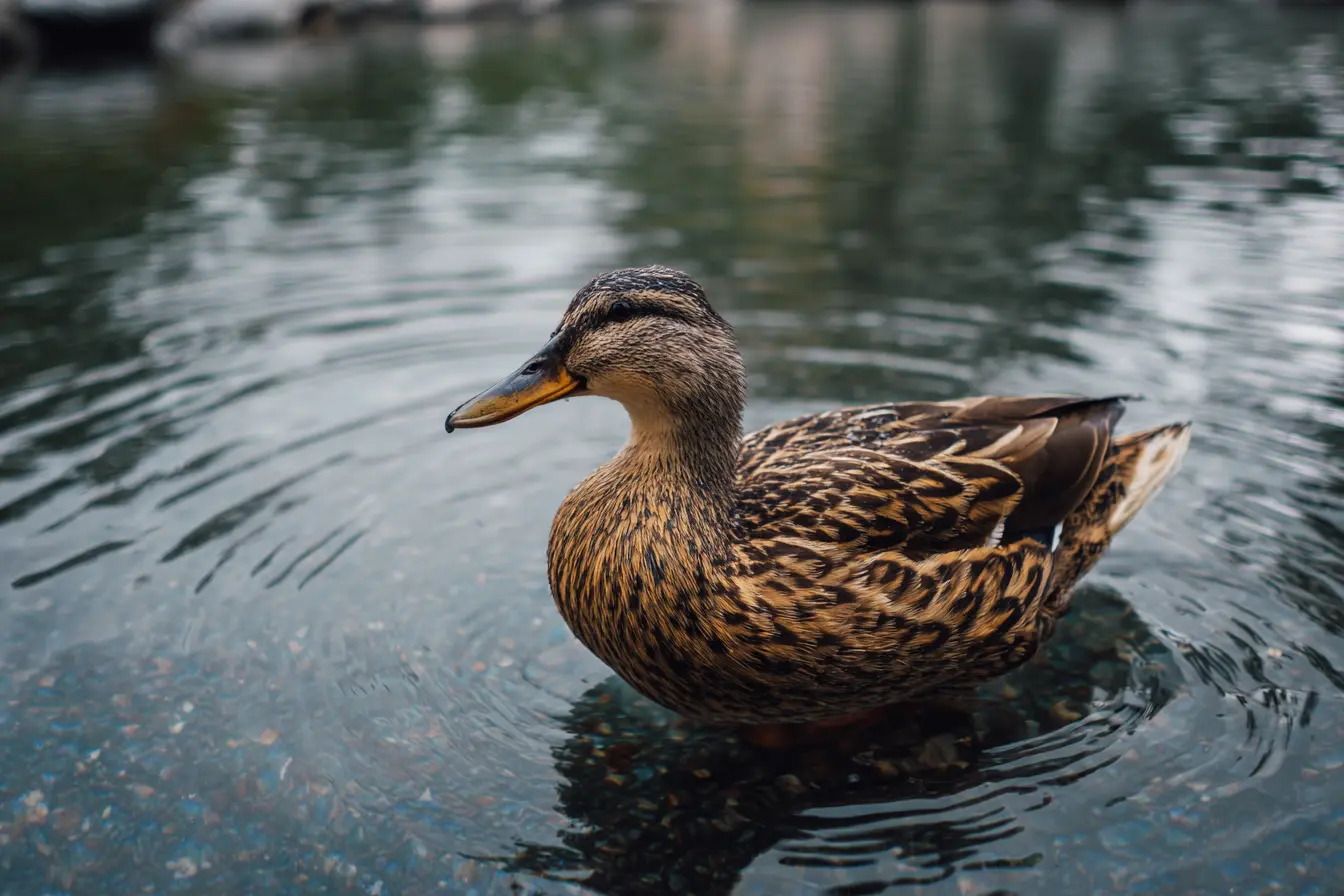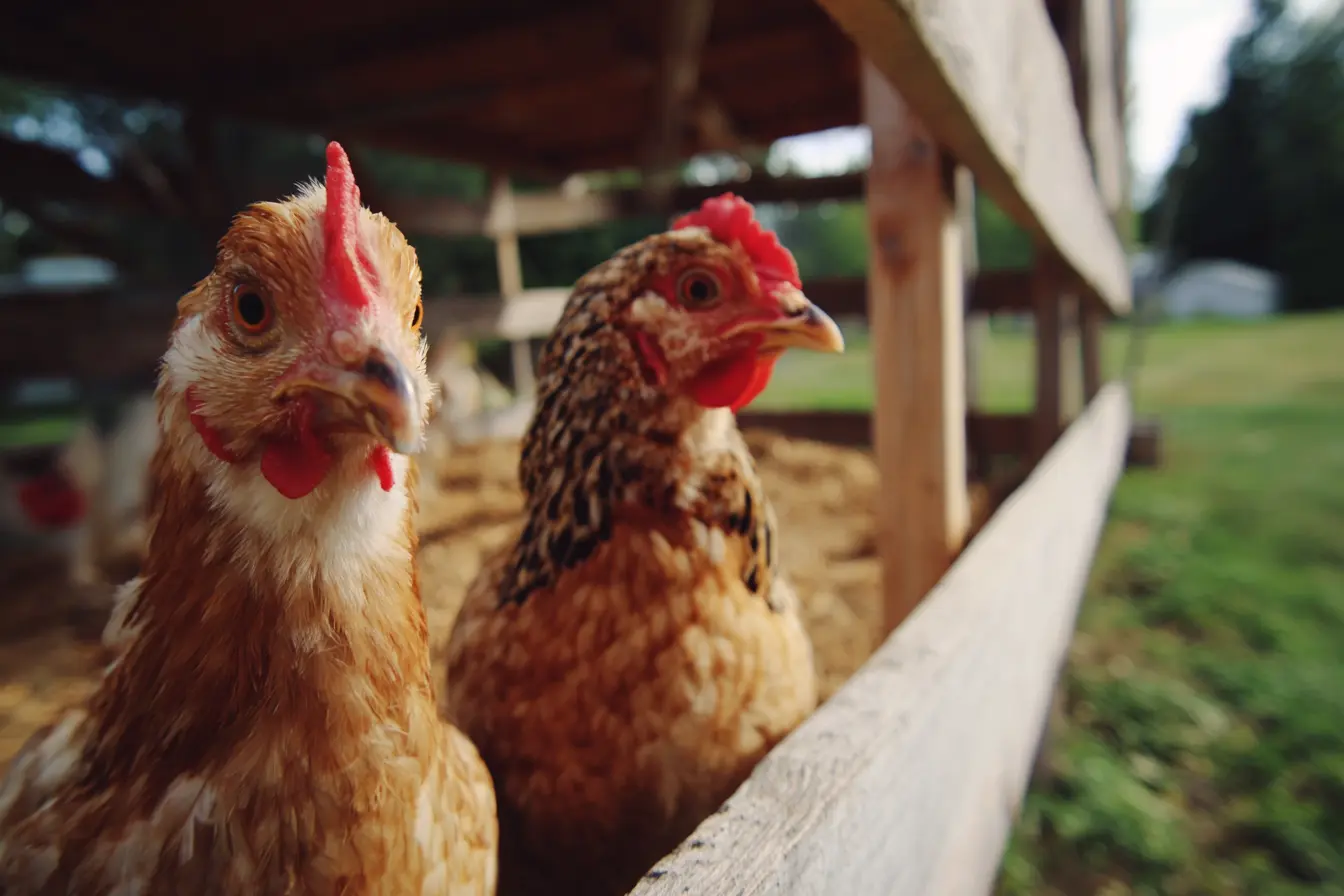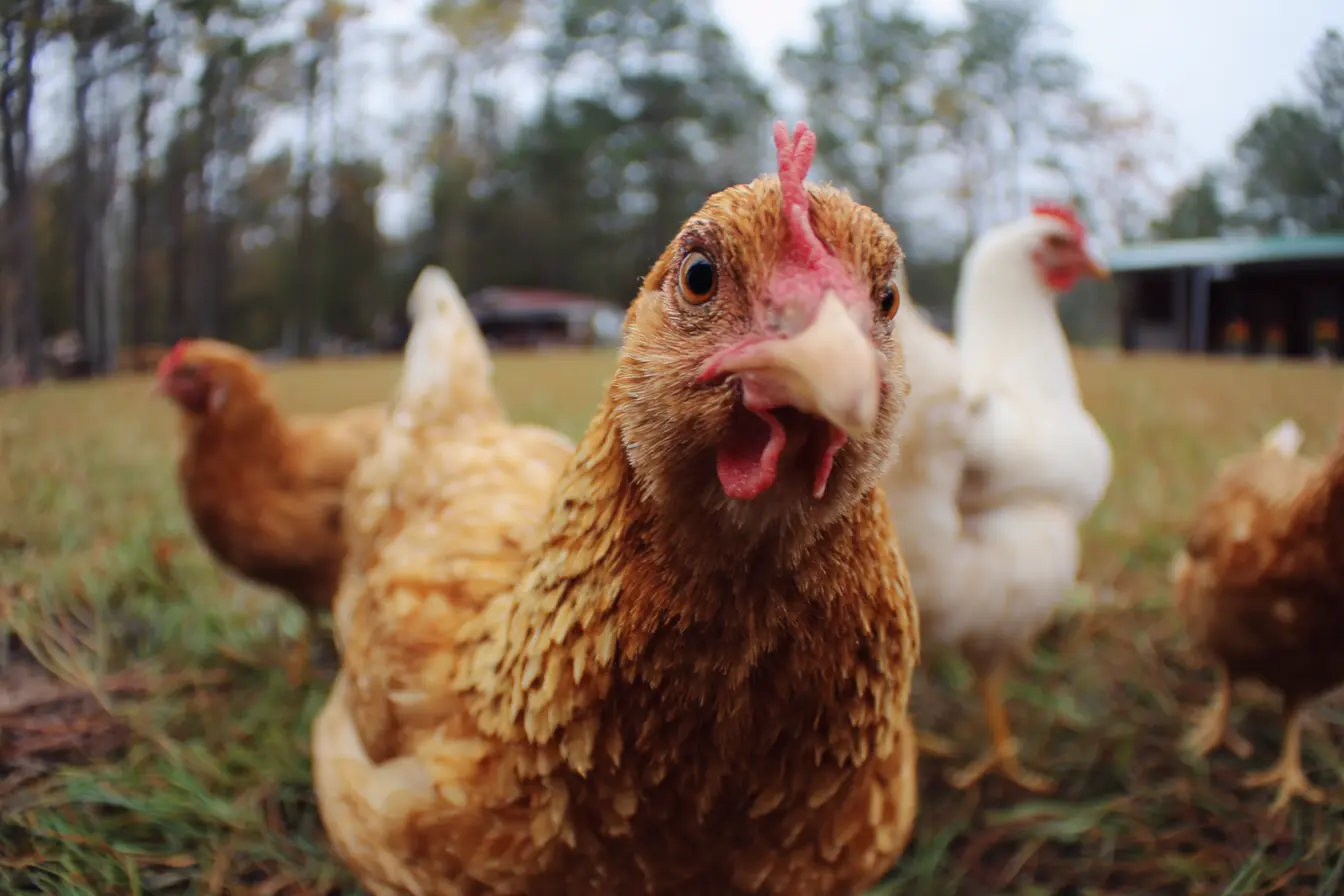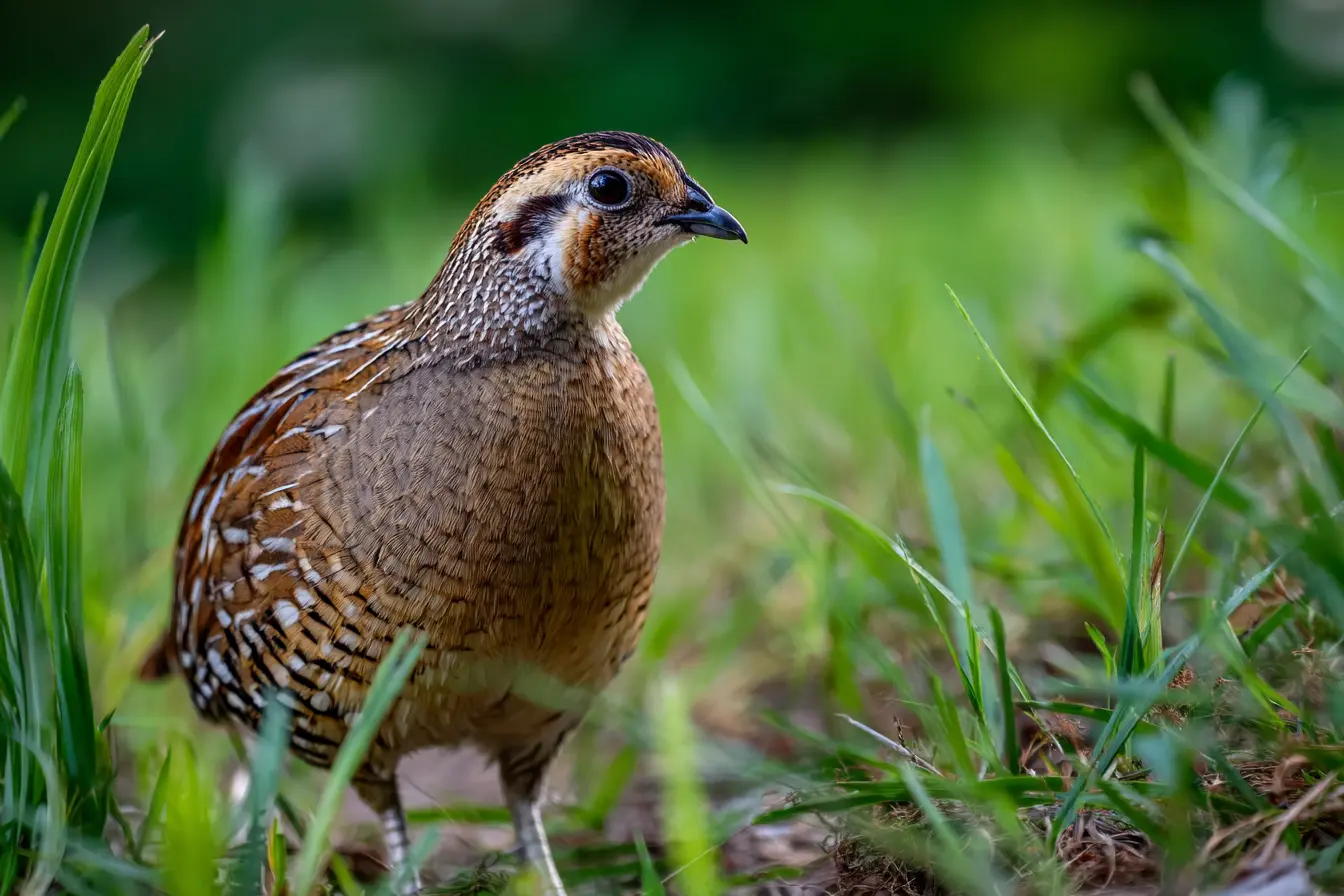
A Complete Guide to Keeping Quail
Quail are rapidly becoming a favourite among smallholders, hobby farmers, and urban dwellers alike. These small, productive birds are not only charming but also incredibly efficient when it comes to space, feed, and egg production. Whether you’re aiming to produce your own eggs, raise birds for meat, or simply enjoy their company, this guide covers everything you need to know about keeping quail in the UK.
Why Keep Quail?
There are many reasons why quail are an excellent addition to your home or garden:
- Compact and quiet: Ideal for small gardens, balconies, or even indoor spaces.
- Fast maturing: Most breeds start laying at just 6–8 weeks old.
- Nutritious eggs: Quail eggs are rich in nutrients and can be consumed raw or cooked.
- Low maintenance: With the right setup, quail require less day-to-day care than chickens.
- Excellent for self-sufficiency: Producing eggs and meat in a small footprint.
Choosing the Right Breed
Different breeds of quail serve different purposes. Here are the most common:
Coturnix (Japanese) Quail
- Most popular for beginners.
- Excellent egg layers (up to 300 eggs/year).
- Calm, hardy, and easy to raise.
- Available in a variety of colour morphs.
Bobwhite Quail
- Native to North America; more flighty and noisy.
- Raised primarily for meat and game bird purposes.
- Not ideal for beginners due to space and temperament needs.
Chinese Painted (Button) Quail
- Tiny, decorative birds used mainly in aviaries.
- Not productive for eggs or meat.
- Very active and ornamental.
For egg production and ease of care, Coturnix quail are strongly recommended for UK keepers.
Housing and Environment
Space Requirements
Quail don’t need as much room as chickens, but they do need clean, secure housing.
- Minimum space: 1 sq. ft. per bird (more is better).
- Height: Avoid tall enclosures unless padded; quail can panic and injure themselves when jumping.
Types of Housing
- Indoor cages: Stackable and space-efficient for garages or sheds.
- Outdoor pens: Ensure predator-proofing with strong mesh and solid locks.
- Aviaries: Offer a natural environment for dust-bathing and foraging.
Essentials
- Shelter from wind and rain (if kept outdoors).
- Dry flooring with sand, wood shavings, or straw.
- Hiding places such as upturned flowerpots or wooden boxes.
- Dust bath area: A tray of dry sand or soil helps control parasites.
Feeding and Nutrition
Basic Diet
Quail require a high-protein diet to stay healthy and productive.
- Chicks (0–6 weeks): Gamebird starter crumb (24–28% protein).
- Adults: Gamebird grower or layer feed (18–22% protein).
- Supplements:
- Grit (if feeding whole grains).
- Crushed oyster shell (for calcium and strong eggshells).
Treats and Extras
- Mealworms, spinach, peas, and chopped herbs.
- Avoid salty, sugary, or processed foods.
Water
Fresh water must be available at all times. Use shallow drinkers to prevent chicks from drowning and change water daily to avoid bacterial growth.
Egg Production and Breeding
Egg Laying
- Begins at 6–8 weeks.
- Up to 1 egg per day during peak laying season.
- No need for nest boxes; quail lay on the ground.
Incubation
- Quail rarely go broody, so an incubator is best.
- Incubation temperature: 37.5°C.
- Humidity: 45–55%, rising to 65–70% for the last few days.
- Hatching time: Around 17–18 days for Coturnix quail.
Breeding Tips
- Use a 1:4 male-to-female ratio to prevent overbreeding and injury.
- Separate breeding groups from egg-laying birds if necessary.
Health and Hygiene
Common Health Issues
- Coccidiosis: Caused by poor hygiene; prevent with clean housing and medicated feed.
- Egg binding: Ensure sufficient calcium intake.
- Scaly leg or mites: Dust baths and regular cleaning help prevent infestations.
Cleaning Routine
- Daily: Remove droppings, change water, collect eggs.
- Weekly: Replace bedding, scrub feeders and drinkers.
- Monthly: Deep clean the enclosure with disinfectant.
Handling and Behaviour
Quail are naturally nervous and can be easily stressed.
- Handle gently and infrequently.
- Approach from the side rather than from above to avoid startling them.
- Keep the environment calm and stable.
With regular, calm interactions, some birds may become accustomed to your presence, but quail are not typically cuddly pets.
Regulations and Legal Considerations (UK)
- No licence is required for keeping quail in small numbers.
- If selling eggs or meat, registration with DEFRA and your local council may be needed.
- Observe animal welfare regulations: proper care, shelter, and food are legal obligations.
- Avoid releasing quail into the wild—it is illegal and harmful to local ecosystems.
Final Thoughts
Keeping quail is an enjoyable and rewarding experience that suits a wide range of lifestyles. Their small size, productivity, and low cost make them ideal for first-time bird keepers and those with limited space. With the right setup and a little dedication, you’ll soon be enjoying fresh eggs and the satisfying rhythm of quail care in your own home or garden.
Vets near you
Speciality vets
- Aquatics vet specialists
- Birds vet specialists
- Camelids vet specialists
- Cats vet specialists
- Cattle vet specialists
- Deer vet specialists
- Dogs vet specialists
- Equines vet specialists
- Exotic vet specialists
- Goats vet specialists
- Pigs vet specialists
- Poultry vet specialists
- Sheep vet specialists
- Small Mammals vet specialists
- Wild vet specialists
Vet facilities
- Accessible by public transport
- Blood testing
- Car park nearby
- Client car park
- Dentistry
- Diagnostic imaging
- Disabled public access
- Flea and worm treatments
- Microchipping
- Mobile services
- Neutering
- Open at weekends
- Out-of-hours service
- Referral interests
- Referrals only
- Street parking outside
- Toilets available
- Vaccination clinic
